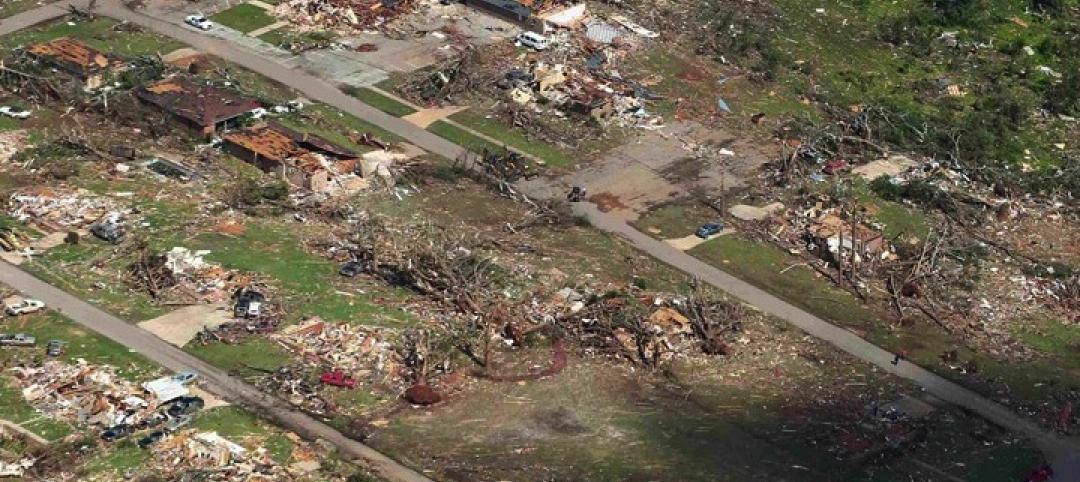State and municipal building standards aimed at driving building energy performance and reducing carbon emissions have teeth and will force building owners to retrofit their properties.
Three U.S. cities (Washington D.C., New York, and St. Louis) and Washington State have legislation on the books that created building performance standards. These policies include continuous improvement, with the standards getting increasingly more stringent over time.
In New York, the performance standard is a carbon emissions limit that begins in 2024. Building owners in New York face fines if they do not reach that limit by 2024.
In Washington D.C., the performance standard revolves around energy efficiency improvement, with the 2021 standard set at the local median Energy Star Score by property type. If the building does not meet the standard, it enters a five-year compliance cycle in which the building must reduce its energy intensity by 20%. The D.C. standards will be recalculated every six years.
Facility managers at any location could check where their building would fall under Washington D.C.’s standards or New York’s carbon limits to gauge how well the building is performing, and how much improvement might be required. Making improvements better positions the building to meet future standards while saving money on energy spending.
Related Stories
| Sep 5, 2013
New CM-at-risk and design-build options create controversy in Ohio
Some contractors say Ohio's new system puts small and midsize construction companies at a disadvantage.
| Sep 5, 2013
Outdated codes slowed disaster recovery in Tuscaloosa, Ala.
Outdated building codes and lack of a master plan slowed the initial rebuilding stage after a devastating tornado leveled parts of Tuscaloosa, Ala. in 2011, according to the city’s mayor.
| Aug 28, 2013
Building collapse prompts legislation to beef up demolition regulations in Philadelphia
Philadelphia City Council will introduce legislation next month to strengthen the regulation of building demolition practices.
| Aug 28, 2013
Rules requiring contractors to boost hiring of veterans criticized
Some businesses are pushing back against proposed rules requiring federal contractors to step up their hiring of returning military service personnel.
| Aug 28, 2013
OSHA moves to reduced exposure to crystalline silica
Under a proposal from the Occupational Safety and Health Administration, the new permissible exposure limit to crystalline silica per cubic meter of air could be changed from 250 micrograms to 50 micrograms.
| Aug 28, 2013
IPMSC chooses members of committee for global property measurement standard
The International Property Measurement Standards Coalition (IPMSC) has selected 19 real estate experts from around the world to join its Standards Setting Committee to develop a global standard for measuring property.
| Aug 20, 2013
Code amendment in Dallas would limit building exterior reflectivity
The Dallas City Council is expected to vote soon on a proposed code amendment that would limit a building’s exterior reflectivity of “visible light” to 15%.
| Aug 20, 2013
Developers of Hollywood skyscraper will dig to see if earthquake fault is on site
New York-based Millennium Partners have agreed to dig a trench on a Hollywood, Calif., property to help determine whether an earthquake fault runs under it.
| Aug 20, 2013
Chinese-made resilient flooring products achieve FloorScore Indoor Air Quality certification
Five of China's leading manufacturers of resilient flooring recently received FloorScore Indoor Air Quality certification from SCS Global Services for their luxury vinyl tile (LVT) products.
| Aug 20, 2013
Florida to get $1 million federal grant to study sinkhole vulnerability
The Florida Geological Survey and the state’s emergency department will receive a $1.08 million federal grant to study sinkhole vulnerability.













